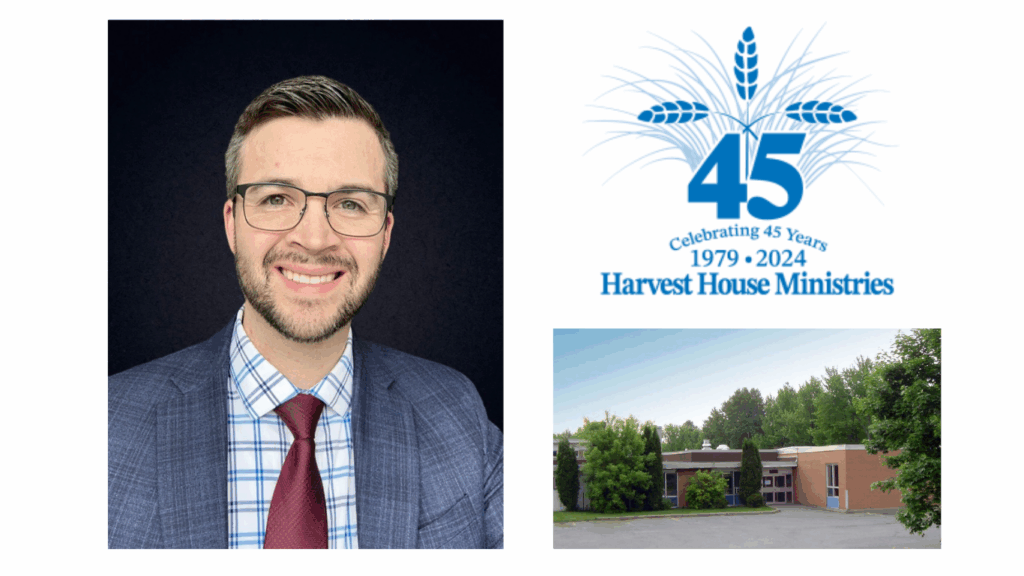
In every community, there are quiet champions working tirelessly to restore lives and uplift those who have been marginalized or forgotten. Harvest House Ministries stands as a powerful example of this kind of transformative work—a residential addiction treatment centre committed to helping men reclaim their futures through structure, support, and compassion. As part of CSED’s SE Spotlight Series, we recently sat down with with Rev. Dr. Daniel Crépault, Executive Director, to learn more about the mission of Harvest House and the impact of their work in the community.